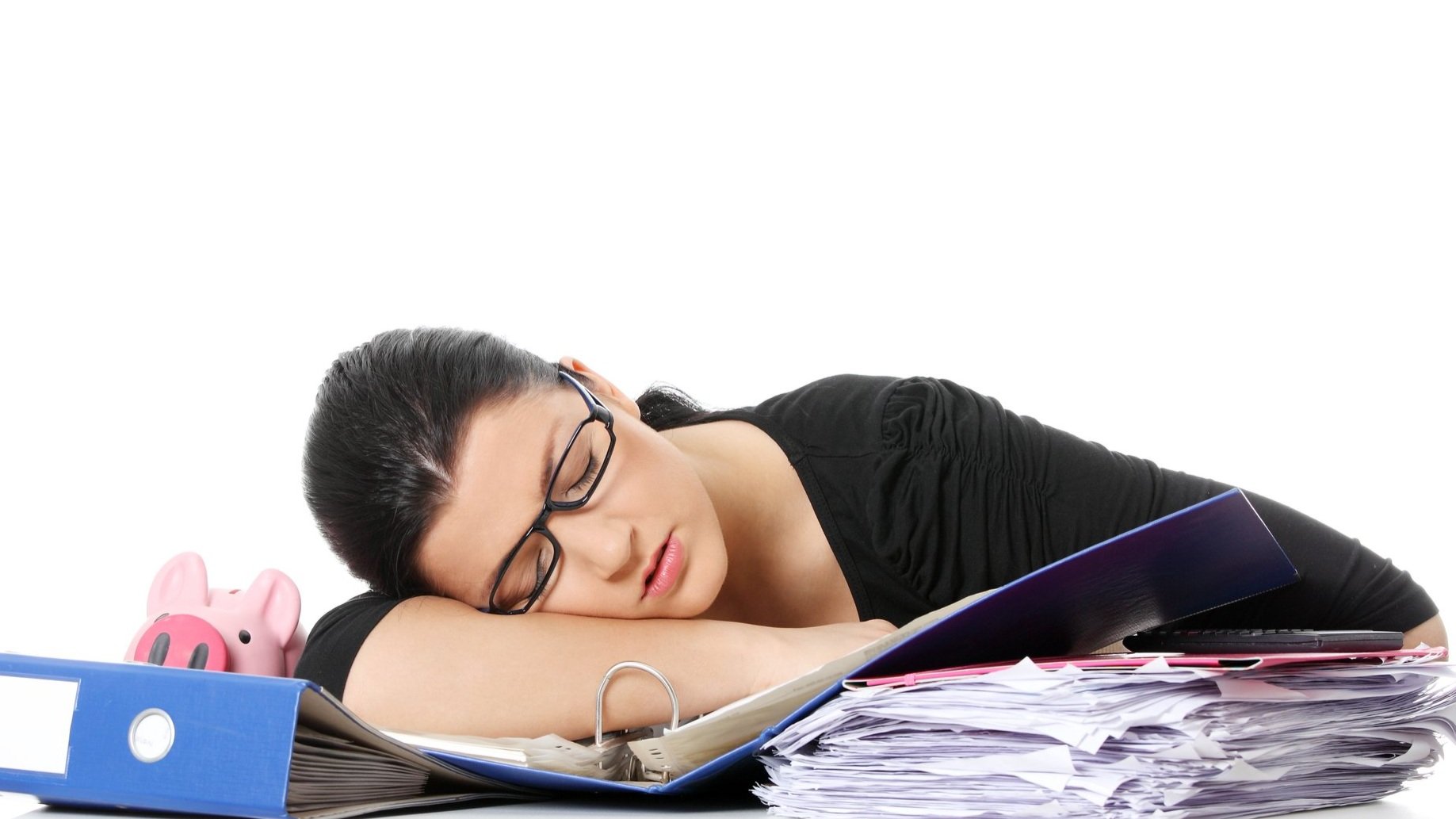There has been so much in the media about the menopause lately it has been exciting to see this experience, that effects everyone, finally move out of the shadows. As a reflexologist and woman I have long understood how lives can be so negatively changed during this time and I am privlidged to help women and consequently their familes and work colleagues to navigate this natural change.
The NHS describes menopause as the ceasation of menstrual periods due to reduced hormone levels. The time prior to this when hormones are gradually decreasing is the perimenopausal stage. During this phase symptoms such as anxiety, mood swings, brain fog, hot flushes and irregulat periods can develop. The NHS also recognises that this can have “big impact on life including relationships and work”
For many women the changes they experience can not be expressed as a list of different symptoms. For me it was a strange sense of experiencing my life almost as an observer. I felt I was present as a narrator rather than fully living experiences. As a mindfulness practitioner this was contrary to everything I had tried to cultivate.
I also get my words muddled constantly, saying perhaps window instead of mirror or breakfast instead of coffee. Although this can be amusing at times I’m sure my family are rather tired of me saying…you know what I mean, everytime I leave them completely confused.
Both these cognitive symptoms would fall under the title of Brain Fog. The Menopause Charity explain how estrogen and testosterone both play an improtant role in our memory and cognitive function. In simple terms as these hormones fall dramatically the brain goes into a sudden deprivation state and brain energy decreases. Not suprising life suddenly feels pretty alien to me!
So what can we do about it? It’s no suprise that a healthy balanced diet rich in brain-friendly omega oils and vitamins will help immensley. Building exercise that you enjoy into your life and aiming for a regular sleep routine are always positive changes whatever stage in life you are at. I found yoga really helpful as it increased my mental focus and allowed me to immerse myself in my own life again. It is also brilliant for building strength, maintaning flexibility and helping with bone density.
And of course..REFLEXOLOGY!! I made more effort to fit in my own regular reflexology appointments and within months I felt much more human. I was back in my own body, living inside my own life. I have seen my perimenopausal clients benefit from reflexology in many ways over the years but experiencing it myself was even more wonderful.
Research has shown that I am not alone with these positive results. A recent study in Cleveland, Ohio (Sept 21, 2022) concluded that foot massage (reflexology) rather than body massage can help minimize a number of common perimenopause symptoms . In a Randomised Controlled Trial women had reflexology treatments twice weekly for six weeks. The women recieving reflexology reported far fewer hot flushes, sweats and night sweats (Gozuyesil & Baser, 2016). Another study (2011) concluded that menopausal women who reported difficulty sleeping were able to sleep better with imporoved quality and quantity of sleep after receiving reflexology (Asltoghiri & Ghodsi, 2012)
In some ways my own experience with the menopause has led me to fall even more in love with reflexology and I hope more women will benefit in this way. I have embraced my beloved reflexology and found a new love in yoga (especially fabulous yin yoga). Through my extensive reading and research I have also opted to try HRT for its protective qualities as I believe strongly that informing ourselves of the choices available is vital.
Whatever your or your loved one’s menopausal experience feels like please do not feel you are alone. Asking for help may not come easily but suffering in silence is no longer necessary now the menopause has finally come out of the shadows.








